North Yorkshire veterans' breakfast clubs aim to get ex-soldiers talking
- Published
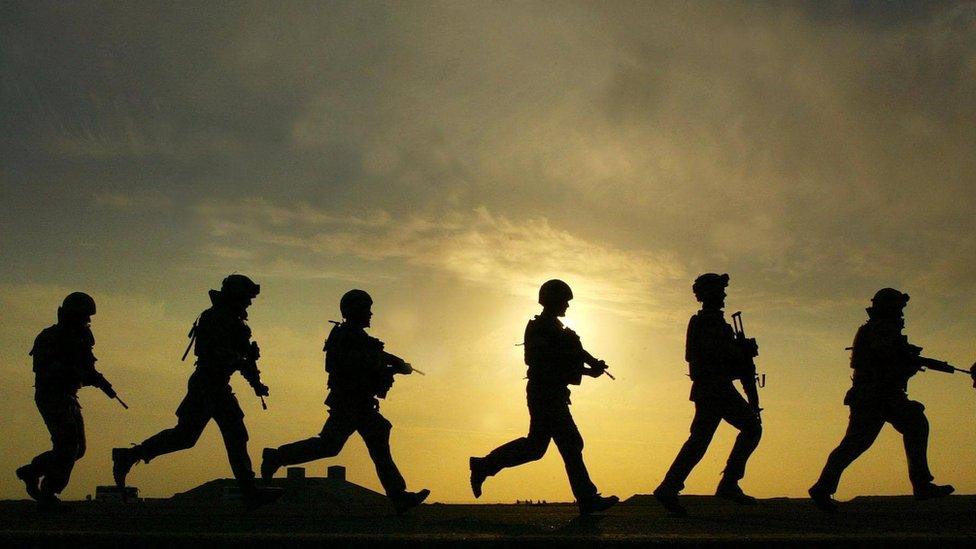
Peter Higgins said "the regiment becomes your family" - but that disappeared on leaving the Army
Two ex-soldiers who admit having struggled on their return to "Civvy Street" have urged veterans facing similar problems to seek support.
After leaving the Army, Tom Ripley had problems with alcohol, while Peter Higgins suffered from isolation.
They are now both involved in running several breakfast clubs for veterans in North Yorkshire - part of a network of hundreds of such clubs in 15 countries.
Mr Ripley said the clubs were about "making sure nobody is left behind".
'Coping mechanism'
During his 27 years of Army service, Mr Ripley completed several tours of Northern Ireland and also served in the Falklands and Iraq.
He said he had suffered severe post-traumatic stress disorder after finally leaving the Army in 2004 and it was then that his problems really began.
"Going for professional counselling meant I would have had to disclose what I was going through," Mr Ripley said.
"I turned to alcohol as a coping mechanism."
He said he only stopped drinking after an ultimatum from his wife: "'Sort your head out, or get out,' she said."
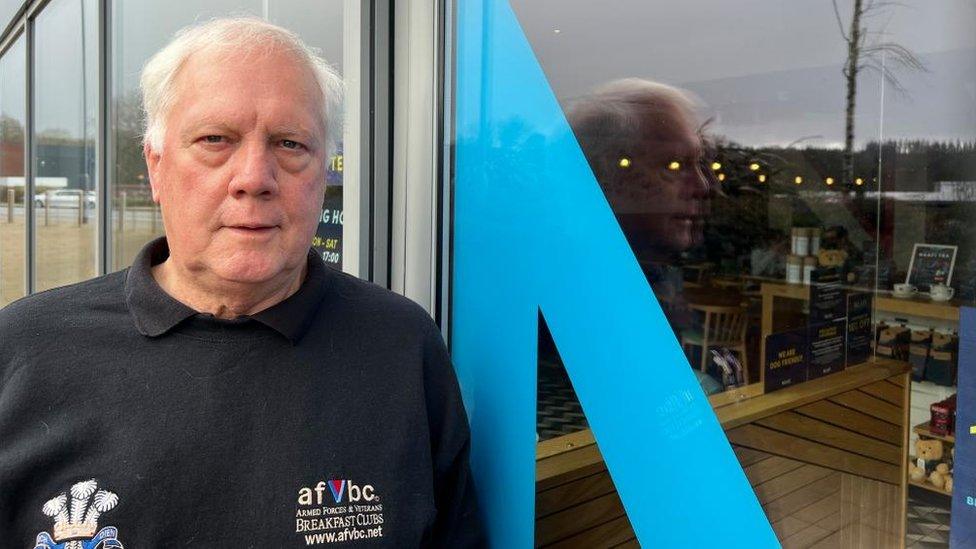
Peter Higgins said he felt "lonely and isolated" after having moved to North Yorkshire
Meanwhile, Mr Higgins said his problems also started after the end of his 23-year stint in the Army, which had included four tours of Northern Ireland, two of which were when the Troubles were at their height.
After leaving the military, he and his wife moved permanently to the Richmond area of North Yorkshire so he could help his wife look after her parents.
However, he said that after decades on the move with the Army and his later employment, and with strong family ties some distance away in the South West, he had no support network locally.
'Lonely and isolated'
Mr Higgins said that when people joined the Army as young recruits, "that regiment becomes your family, you know who to go to for help, but when you come out into civilian life, that network isn't there".
"I felt lonely and isolated. I didn't know people up here. I didn't have any friends or contacts," he added.
"At times, you do feel you want to talk to someone, someone to share common experiences with. If you haven't got that, it just chews away at you."
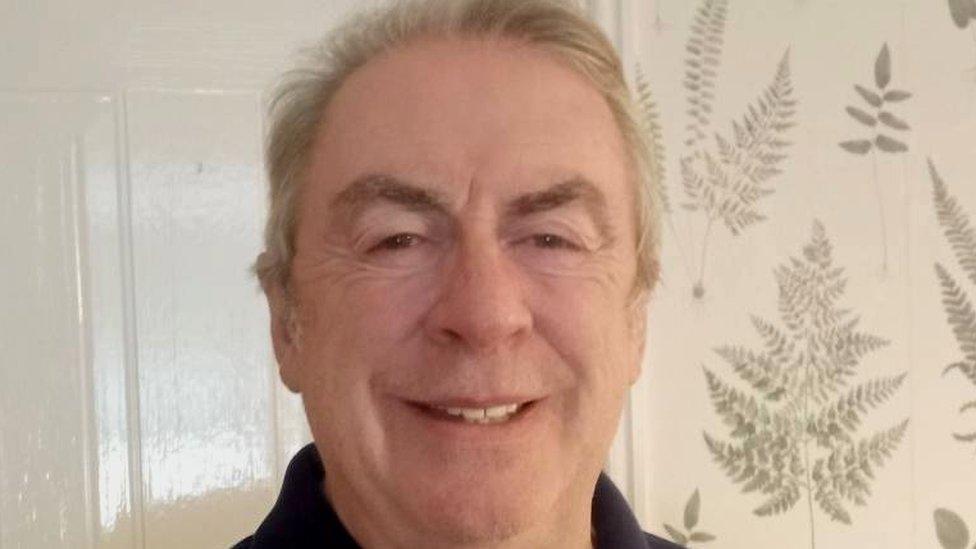
Tom Ripley said the breakfast clubs offered veterans the chance to have "a cup of tea and a natter"
Both men said that their subsequent discovery of the Armed Forces and Veterans Breakfast Clubs (AFVBC) had provided them with the network of like-minded people they were seeking.
Mr Ripley said the clubs simply offered the chance for veterans to have "some breakfast, a cup of tea and a natter - just talk".
Mr Ripley and Mr Higgins are now involved in running three local breakfast clubs which, according to the AFVBC website, are part of a network of at least 470 clubs in 15 countries with over 150,000 members.
'Men don't talk'
Mr Ripley said: "They give us a focus - to get men out of their houses and just getting them to talk.
"Men don't talk and because men don't talk, the risks are huge: isolation, self-harm and the risk of suicide.
"They're all fuelled by not talking to like-minded people."
Meanwhile, Mr Higgins said the clubs were all about finding "people I can talk to, relate to, people I can ask for help, seek advice from".
"A breakfast club is about making sure nobody is left behind," he added.

Follow BBC Yorkshire on Facebook, external, X (formerly Twitter), external and Instagram, external. Send your story ideas to yorkslincs.news@bbc.co.uk, external.
- Published28 January 2024
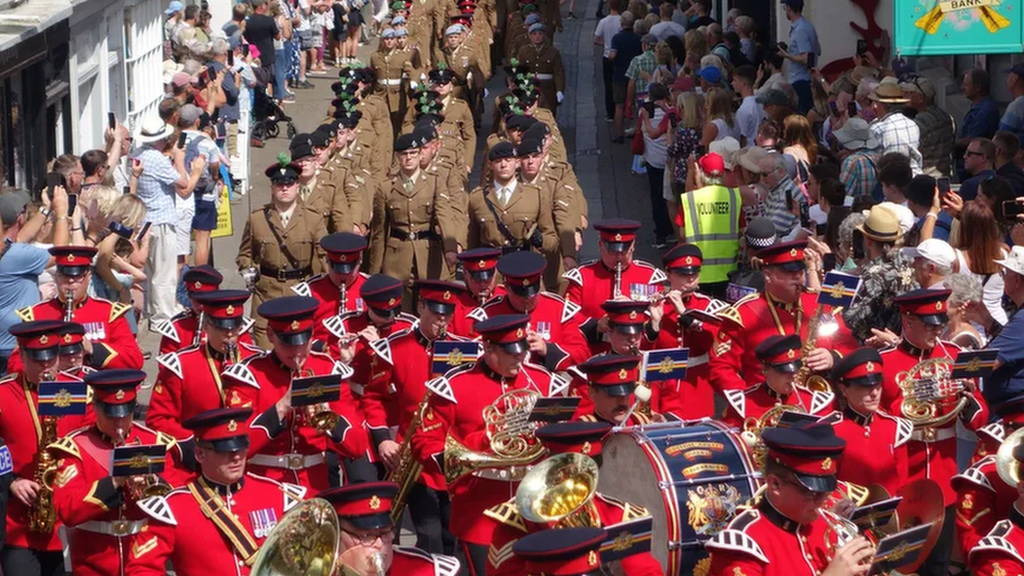
- Published29 June 2019
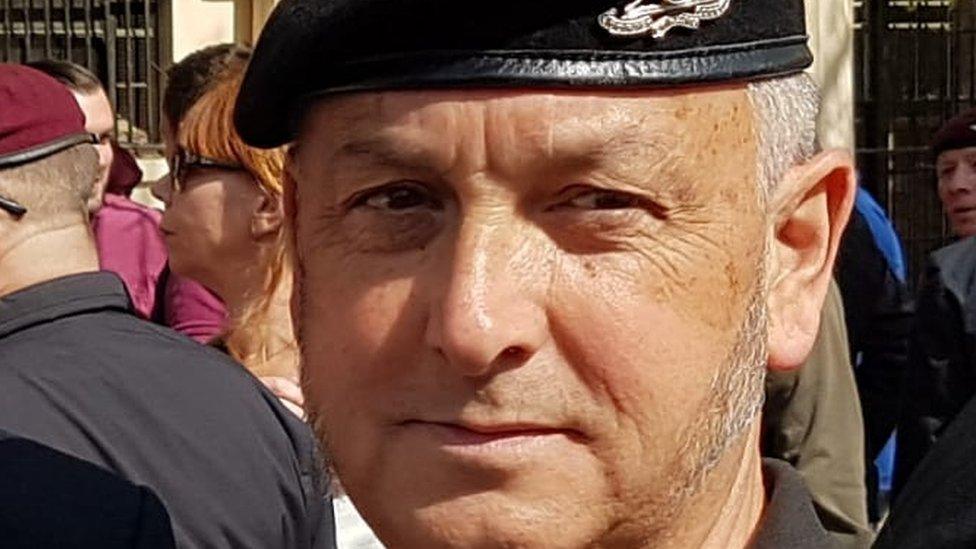
- Published8 October 2018
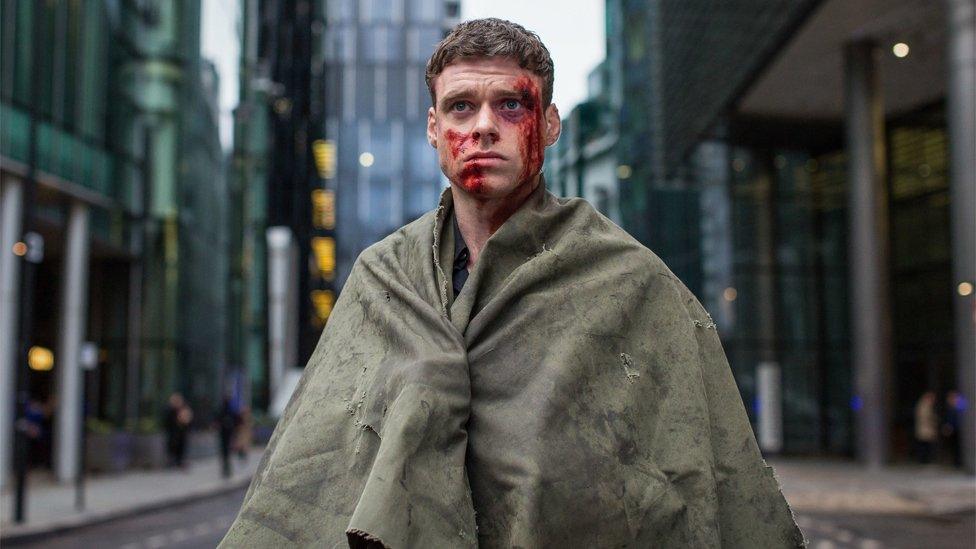
- Published3 April 2018
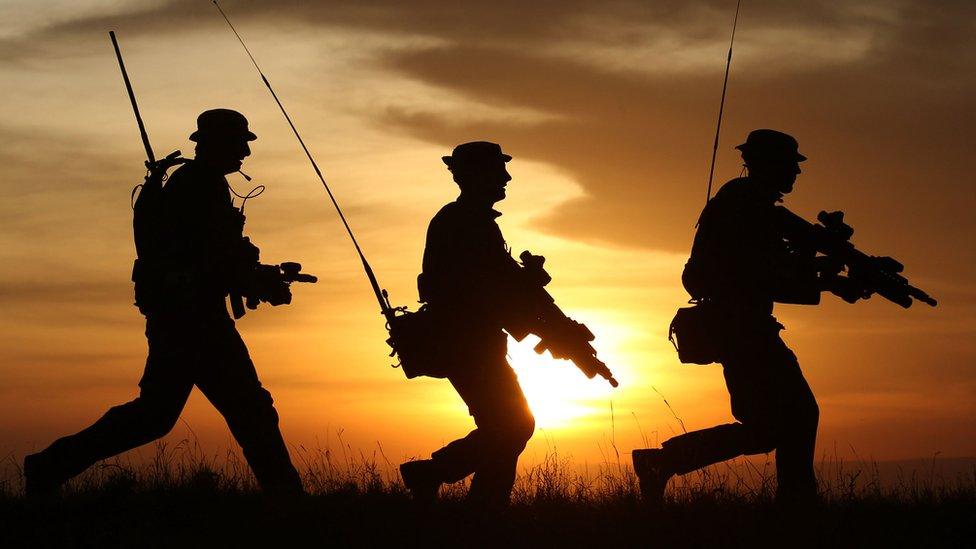
- Published25 February 2018
